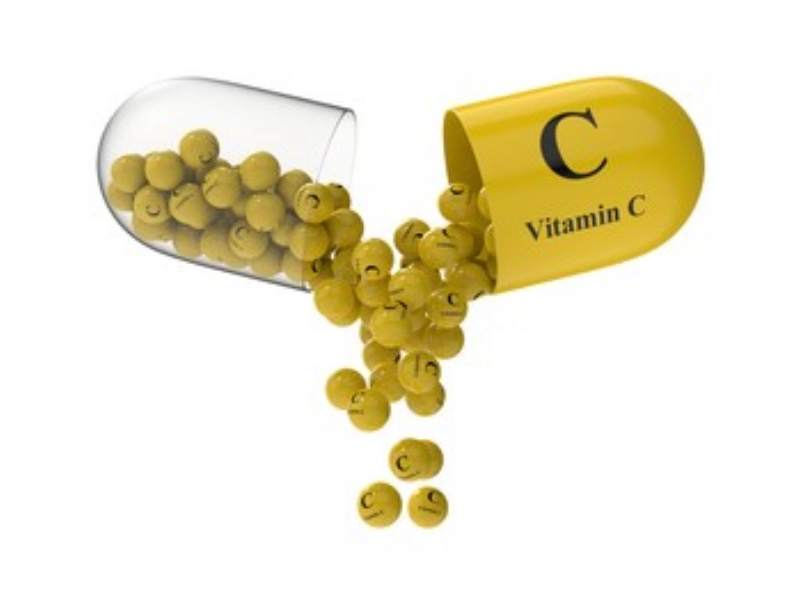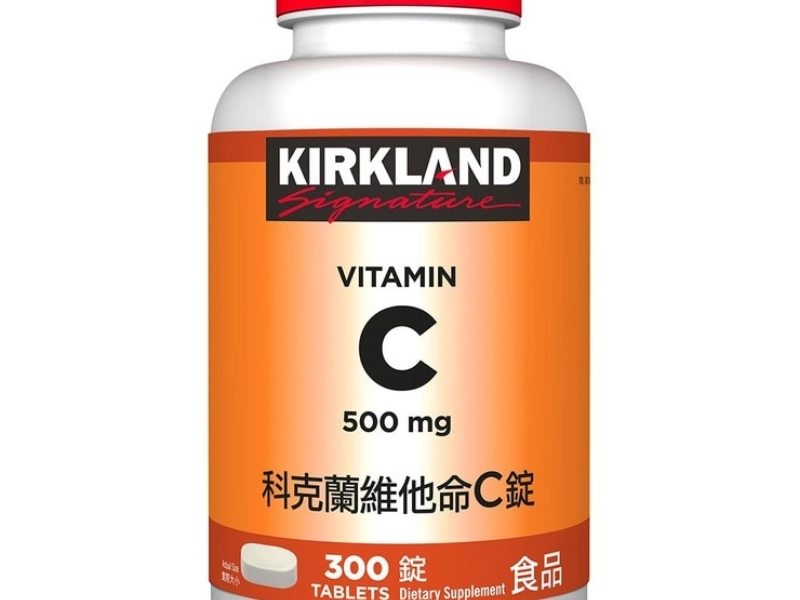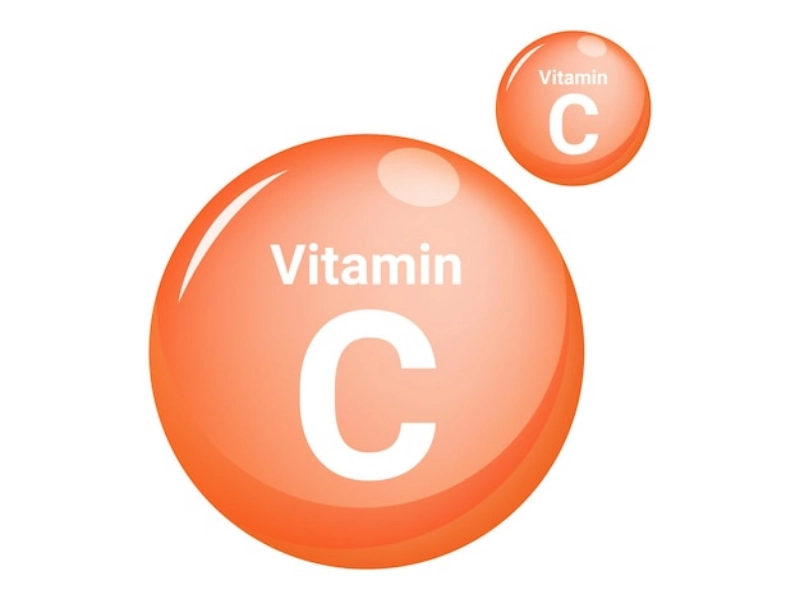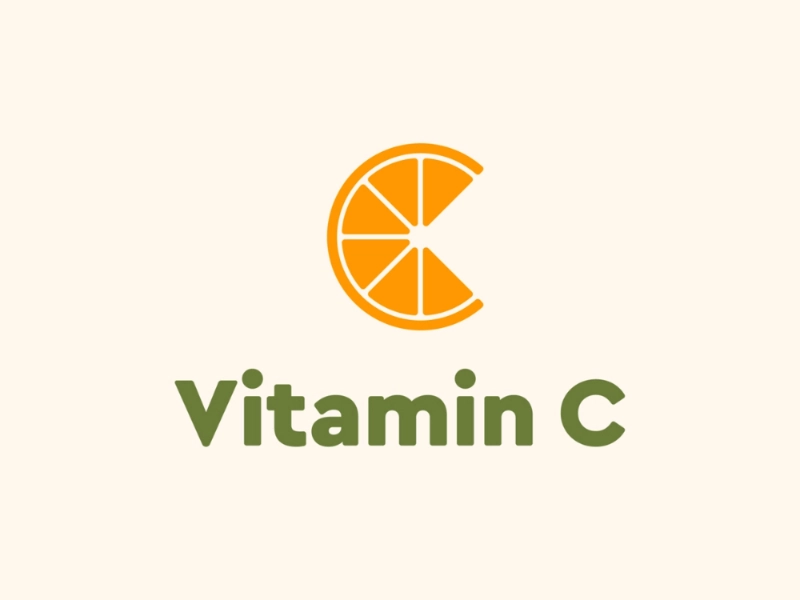Considered ascorbic acid, vitamin C is an essential component that supports the immune system greatly. This strong antioxidant promotes several cellular processes vital for a strong immune response and helps shield the body from damaging free radicals. Knowing the need of vitamin C will help us to be proactive in preserving our health while we negotiate seasons of colds and flu. This page explores the several ways vitamin C supports a strong immune system as well as how we could make sure we get enough of this vital vitamin.
 Renowned for its immune-boosting effects, vitamin C is a major actor in our body's defenses. It improves the creation and operation of white blood cells, which are absolutely essential for combating infections. These cells—including phagocytes and lymphocytes—help spot and destroy germs including viruses and bacteria. Furthermore implicated in the maturation of these immune cells is vitamin C, which guarantees their complete equipments to handle challenges. Our immunological response will be improved by raising our body's vitamin C levels, so strengthening our defense against diseases. Frequent intake of foods high in vitamin C, such bell peppers, strawberries, and citrus fruits, might give our immune system the required boost to remain in best shape.
Renowned for its immune-boosting effects, vitamin C is a major actor in our body's defenses. It improves the creation and operation of white blood cells, which are absolutely essential for combating infections. These cells—including phagocytes and lymphocytes—help spot and destroy germs including viruses and bacteria. Furthermore implicated in the maturation of these immune cells is vitamin C, which guarantees their complete equipments to handle challenges. Our immunological response will be improved by raising our body's vitamin C levels, so strengthening our defense against diseases. Frequent intake of foods high in vitamin C, such bell peppers, strawberries, and citrus fruits, might give our immune system the required boost to remain in best shape.
 Among vitamin C's most important activities is that of a potent antioxidant. When free radicals and antioxidants in the body are out of equilibrium, oxidative stress results from which antioxidants shield our cells. Oxidative stress can compromise immune system function and raise vulnerability to infections. By neutralizing free radicals, vitamin C lessens their negative consequences and supports cell integrity preservation. During times of disease or stress when the body is more susceptible, this defensive action is especially crucial. Including vitamin C in our meals will help us to boost general health and increase our antioxidant defenses, therefore enabling our immune system to operate more powerfully.
Among vitamin C's most important activities is that of a potent antioxidant. When free radicals and antioxidants in the body are out of equilibrium, oxidative stress results from which antioxidants shield our cells. Oxidative stress can compromise immune system function and raise vulnerability to infections. By neutralizing free radicals, vitamin C lessens their negative consequences and supports cell integrity preservation. During times of disease or stress when the body is more susceptible, this defensive action is especially crucial. Including vitamin C in our meals will help us to boost general health and increase our antioxidant defenses, therefore enabling our immune system to operate more powerfully.
 Our first line of protection against diseases is our skin, hence vitamin C is quite important for preserving its condition. Collagen, a protein that keeps the skin robust and strong, is synthesised from this vitamin. Healthy skin serves as a barrier keeping dangerous bacteria out of the body. Vitamin C also helps wounds heal, thereby guaranteeing fast mending of any skin breaks. The immune system is further supported by a well-functioning skin barrier greatly lowering the danger of infections. Foods high in vitamin C, such broccoli, oranges, and kiwi, help us strengthen our general immune systems and improve the health of our skin.
Our first line of protection against diseases is our skin, hence vitamin C is quite important for preserving its condition. Collagen, a protein that keeps the skin robust and strong, is synthesised from this vitamin. Healthy skin serves as a barrier keeping dangerous bacteria out of the body. Vitamin C also helps wounds heal, thereby guaranteeing fast mending of any skin breaks. The immune system is further supported by a well-functioning skin barrier greatly lowering the danger of infections. Foods high in vitamin C, such broccoli, oranges, and kiwi, help us strengthen our general immune systems and improve the health of our skin.
 Studies have indicated that vitamin C could help to lessen the intensity and length of respiratory infections. Higher vitamin C levels in a diet seem to help people avoid colds and recover faster when they do fall sick. The potential of vitamin C to boost the immune response and its part in lowering inflammation in the respiratory system help to explain this effect. Furthermore, vitamin C can support the integrity of the respiratory epithelium, which is absolutely vital for defense against respiratory infections. Especially in cold and flu seasons, including foods high in vitamin C will help to promote respiratory health and reduce the risk of infections.
Studies have indicated that vitamin C could help to lessen the intensity and length of respiratory infections. Higher vitamin C levels in a diet seem to help people avoid colds and recover faster when they do fall sick. The potential of vitamin C to boost the immune response and its part in lowering inflammation in the respiratory system help to explain this effect. Furthermore, vitamin C can support the integrity of the respiratory epithelium, which is absolutely vital for defense against respiratory infections. Especially in cold and flu seasons, including foods high in vitamin C will help to promote respiratory health and reduce the risk of infections.
Including a range of sources in your diet will help you to keep ideal levels of vitamin C. High vitamin C content of citrus fruits including oranges, grapefruits, and lemons is well-known. Still, other fruits and vegetables also offer significant levels of this vitamin. Excellent foods that fit readily into meals and snacks are strawberries, kiwi, bell peppers, and broccoli. Vitamin C pills are easily accessible for individuals who want supplements, but for optimum effects always give whole food sources top priority. Diverse foods high in vitamin C will help your body with the tools it needs to build a strong immune system.
Since vitamin C is water-soluble, the body does not retain it; so, it must be constantly eaten to keep appropriate levels. Although age and gender affect the recommended daily consumption, generally people should try for at least 65 to 90 milligrams daily. Ensuring enough vitamin C is especially important in times of more stress, illness, or physical activity since the body's demand for it may rise. Including foods high in vitamin C on a daily basis not only promotes immune system but also general health and well-being. Consciously trying to give vitamin C top priority will help your body be more resistant to infections and support a better way of life.